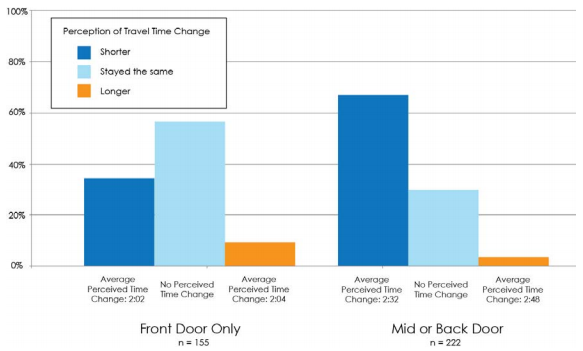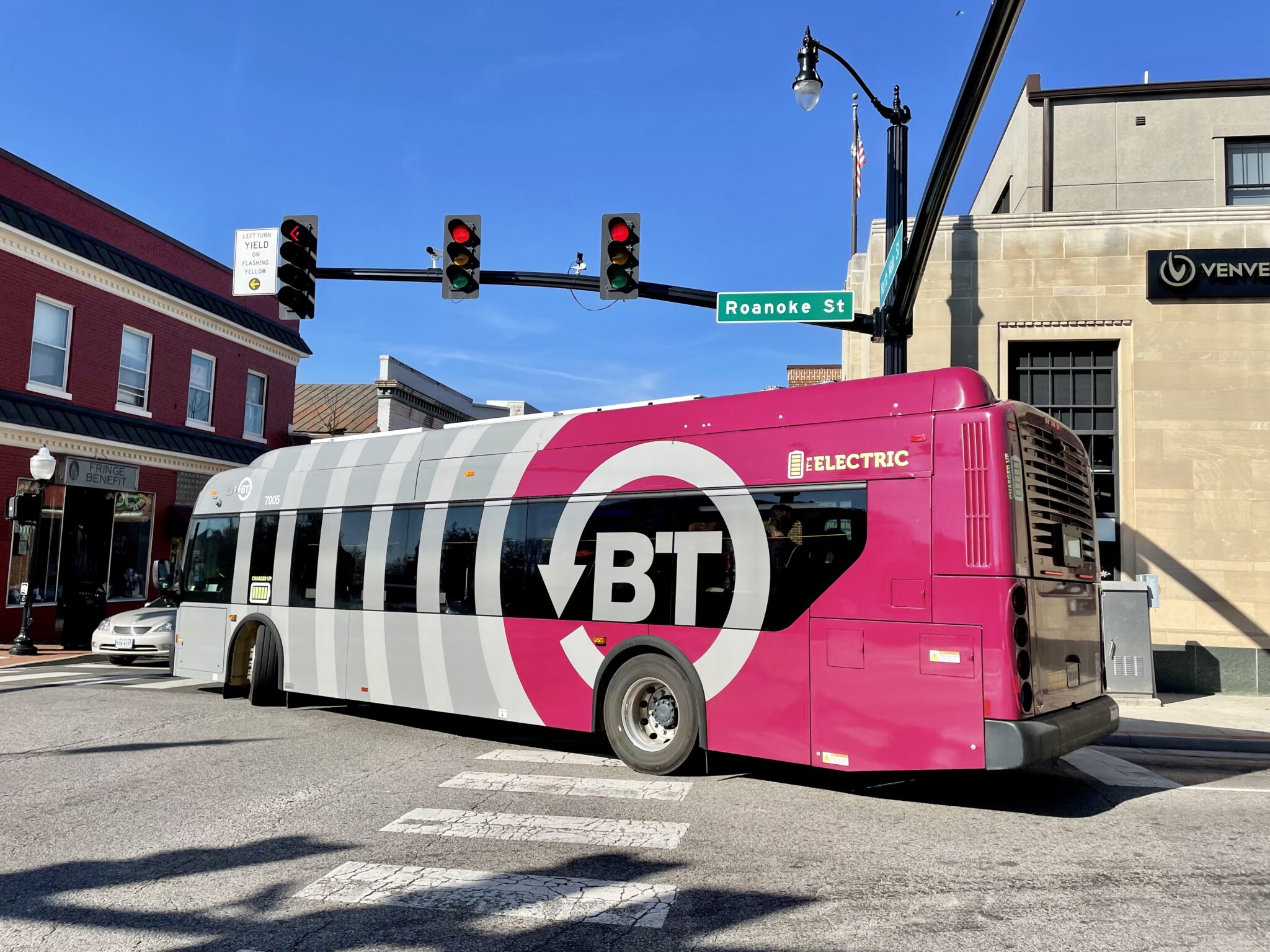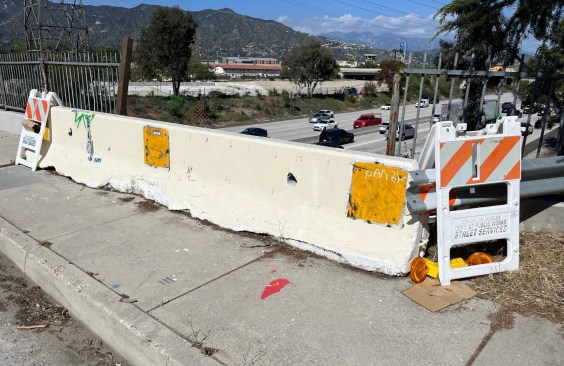Montreal
All-Door Boarding Can Save Time for Bus Riders — If Transit Agencies Embrace It

In Montreal, bus passengers who boarded through the back or middle door perceived their journey as shorter. Graph: McGill University
Stay in touch
Sign up for our free newsletter
More from Streetsblog USA
Talking Headways Podcast: Money is a Lot of Different Things
It's Part II of our discussion with Jim Kumon!
If Thursday’s Headlines Build It, They Will Come
Why can the U.S. quickly rebuild a bridge for cars, but not do the same for transit? It comes down to political will and a reliance on consultants.
Wider Highways Don’t Solve Congestion. So Why Are We Still Knocking Down Homes for Them?
Highway expansion projects certainly qualify as projects for public use. But do they deliver a public benefit that justifies taking private property?
Kiss Wednesday’s Headlines on the Bus
Bus-only lanes result in faster service that saves transit agencies money and helps riders get to work faster.
Freeway Drivers Keep Slamming into Bridge Railing in L.A.’s Griffith Park
Drivers keep smashing the Riverside Drive Bridge railing - plus a few other Griffith Park bike/walk updates.




